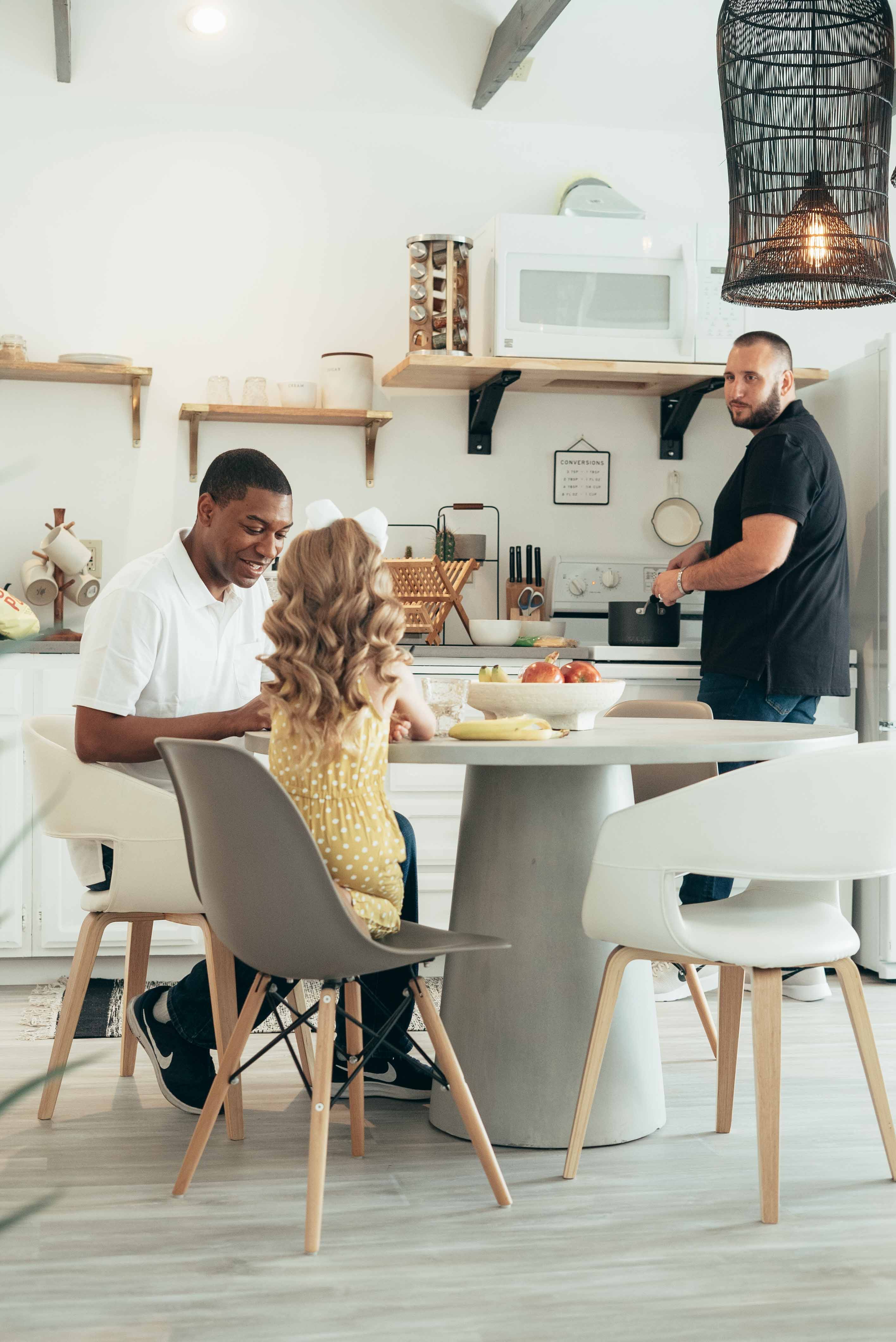I have often pondered the question: Do queer parents exert more effort as parents? In this post, I will briefly deconstruct my thoughts and personal experiences on this topic, supplemented with some research. It is important to note that these are solely my experiences and perceptions, which may be totally wrong, hence I am interested in hearing your thoughts.
Regarding the question of whether I, as a queer parent, try harder, my answer is no. I give parenting my utmost dedication not because of my sexual orientation, but because I consciously chose to have a child and start a family. Parenting, to me, represents a significant responsibility, as my actions profoundly influence my child’s self-perception and their relationships with themselves and others. It will also shape their future parenting, as I previously discussed in a previous post.

As parents, my partner and I have made a deliberate choice to liberate our child from the constraints of gender socialisation. If our child wishes to wear a dress or embrace the colour pink, they have the freedom to do so. We recognize that pink is merely a colour and assigning it to a specific gender is a social construct perpetuated by the media and societal norms. Our child has dyed their hair in rainbow colours and maintains long hair. While this aspect of my parenting is influenced by my queerness, it does not imply exerting more effort as a parent.
Does my queerness affect my parenting? No. However, my experience as a foster parent and the training I received during that time have undoubtedly influenced my current approach to parenting. With that settled, let’s explore what research has to say.
The research I discovered focuses on comparing the well-being and adjustment of children raised by same-sex couples to those raised by heterosexual couples (Geay et al., 2020). Unfortunately, I did not come across any studies specifically investigating whether gay parents feel a need to put in more effort due to their sexual orientation. Surprisingly, a study by Kranz (2023) revealed that same-sex parents did not face negative evaluations of their parenting.

Conversely, anecdotal evidence from Payton (2015), who interviewed 20 same-sex parents on the topic of whether gay and lesbian parents need to try harder, indicated a pressure to be impeccable parents, as failure would be seen as letting down the LGBTQI community. I can certainly relate to this, as it feels like anti-LGBTQI groups are waiting for us queer parents to falter. Payton also found that same-sex parents strive to educate their children about social justice issues. This is another area I identify with, as my husband and I frequently engage in discussions with our child about inequity, discrimination, and social privilege. However, does this signify trying to be better parents? Perhaps not, since I am aware that many of my heterosexual friends who are parents engage in similar conversations.
So, do gay parents try harder? Personally, I prefer to believe that every parent, regardless of their sexual orientation, is utilising the best tools at their disposal to be exceptional parents. In short, I believe everyone is giving their best effort.
References
Geay, B., Humeau, P., & Spruyt, E. (2020). Same‐sex parents facing parenting standards. First results from three longitudinal studies. International Social Science Journal, 70(235–236), 99–115. https://doi.org/10.1111/issj.12243
Kranz, D. (2023). On the attribution of parental competence: Parents’ behavior matters, not their sexual orientation. Journal of Child and Family Studies, 32(4), 1121–1137. https://doi.org/10.1007/s10826-022-02335-9
Payton, T. (2015). LGBT parents and the pressure to be perfect. Out in SA. https://outinsa.com/do-lgbt-parents-have-to-work-twice-as-hard/

